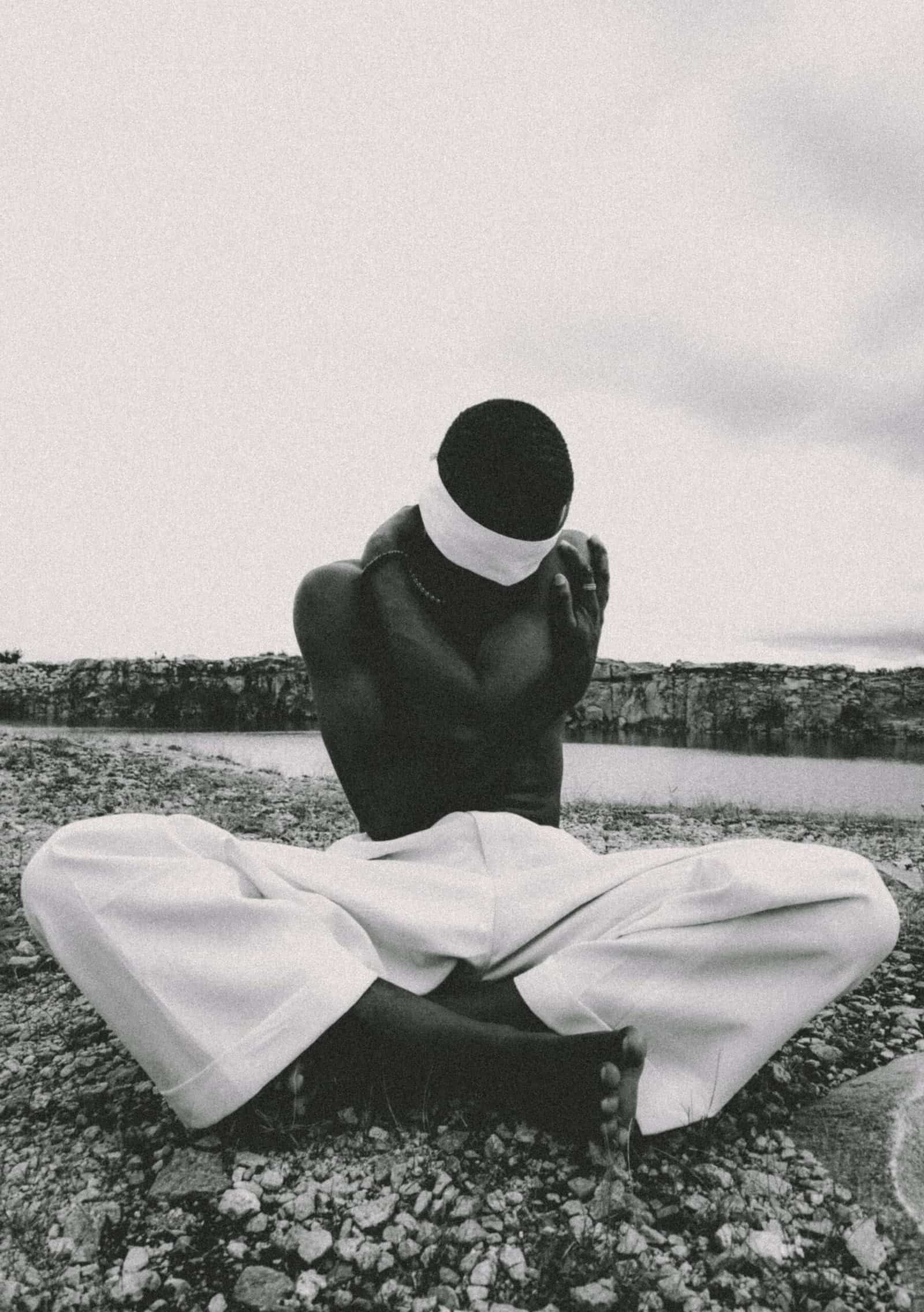
Why We Choose To Stay Suffering
Change is scary. It has equal potential to be better or worse, but the malaise of getting somewhere else is guaranteed. The fear keeps us still, finding excuses to stay and justifications that things aren’t as bad as they could be. The idea of putting in extra work only to have it be wasted seems like a crime against the self. Easing into a current state of suffering seems reasonable when further suffering (of change) only offers a chance at improvement.
There are many who know better exists. They’re just not sure how to get there or are convinced that the amount of better is unequal to the amount of change that needs to take place to get there. Its like everyone believes that a vacation would be helpful, but the idea of putting one together becomes so stressful that the plans get dropped. They don’t want to save the money, they don’t want to arrange airport rides, they don’t want to compare Air BnB rates and/or plan out itineraries. They just want the benefits, but all benefits come at a cost of tempering.
Anyone who trains their body understands that suffering is part of the agreement. When the goal is adaptation, it comes with difficulty and discomfort. There is pride in how much we put our bodies through to prepare. There is a toughness and resiliency that comes with surviving challenges. Having steady work gives us the distinction of an achiever.
But to get to that other side, with all its promise and glory and self-satisfaction, we willingly subsist in a place of suffering. Sometimes we can even linger in it, lengthening the test and trial with an assurance that the longer and harder we battle, the more pleasurable the spoils will be. Galvanized by fire, we will walk away more sure and more strong. Perhaps there is even a romance with misery. Without adversity, we don’t know if we’re good. The more we suffer, the more righteousness we earn.
There is an honor in being a martyr; to suffer towards a greater good.
We consistently choose hard to keep up with this frame of thinking. There is no cause to conquer when things easy. The challenge of the moment gives us the opportunity to win. The battle keeps us entrenched in figuring out the game. It is the epitome of passion and practice, and the work in which the rewards are won.
Training itself is a form of self-imposed suffering. It is scheduled and deliberate, a challenge to continue when there are so many easier options to not. There is a sadistic pleasure in regularly pushing your body to do more. Injury often occurs in a fervent chase for health. Almost paradoxically, we come to a conclusion of conviction that to build up you must first break down.
We consistently choose suffering because we believe it strengthens us. It’s an act of control and duty. It is humbling and gratifying at the same time. To endure is to invigorate when the war finally ends. But what do we do when the struggle is over? This is the idea we’re most afraid of. It’s why we can’t quit what we know is bad for us. We stick with what’s familiar because we understand what it takes. We can withstand what we know, even if its misery.




